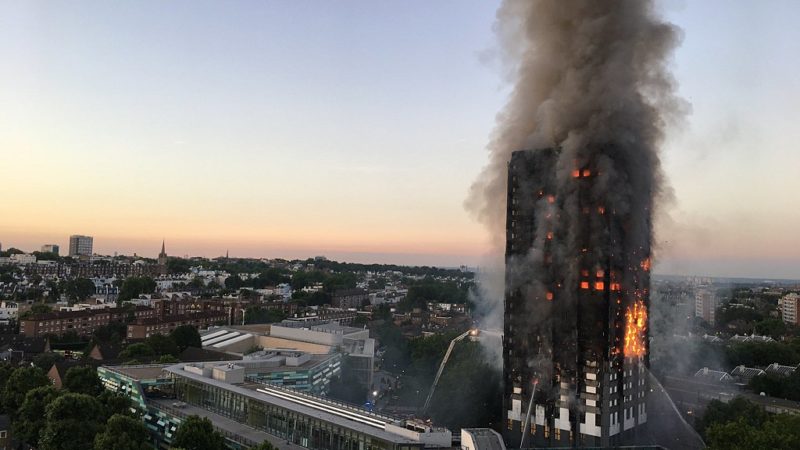'We need answers now but more importantly we need action now,' argues Apsana Begum MP

This weekend marked three years since the Grenfell Tower fire – a tragedy that never should have happened and showed how little black lives matter to the British establishment.
We cannot ignore that most of the residents in the Grenfell Tower were also BAME and of a working class background.
Yet, beyond the rhetoric, the seemingly endless legal complexities, and the disgraceful ongoing buck passing, the truth is still no one has been called to account. Why is it that 72 people are killed in their homes and no one is deemed to be responsible? When will we ever get answers? When will the victims ever get justice?
On top of this, many buildings with unsafe cladding still have not had it removed, including in my own diverse borough of Tower Hamlets.
These things are not random.
The Covid-19 crisis has exposed many of the same injustices and deep inequalities within our society that Grenfell did.
Over the weekend Sky News revealed that the original draft of the PHE report in to the disproportionate impact of the Covid-19 crisis on certain groups did in fact recognise that factors such as racism and social inequality may have contributed to increased risks of BAME communities catching and dying from the virus.
Yet shockingly this is not news per se but confirmation of what most of us already knew.
Right since the onset of the crisis, I and others have been raising this issue over and over again.
It has now been weeks since the part censored review, reluctantly commissioned by the Government, finally officially identified major inequalities – including the alarming statistic that Bangladeshi people face around twice the risk of death.
But we knew right from the beginning that those with underlying health conditions are most at risk and that people in poorer areas are already more likely to die from avoidable causes given the widely noted links between deprivation, health inequalities and life expectancy. It was clear to anyone who wanted to know, that these systemic economic inequalities mean that ethnic minority communities are particularly disadvantaged by such a health crisis.
Not enough has been done and what has been done, was always too little, too late.
This comes after years of austerity which has had a devastating impact on ethnic minorities. Why is it that two thirds (69 per cent) of my local borough, Tower Hamlets, belong to minority ethnic groups whilst the area also has one of the highest rate of child poverty in the entire country?
It is no coincidence.
Systemic discrimination and racism continues to dictate who gets dumped on and who suffers events worse.
We need answers but, more importantly, we need action now.
Because what do our words, tributes and gestures actually mean to those who are literally dying?
To reach hundreds of thousands of new readers we need to grow our donor base substantially.
That's why in 2024, we are seeking to generate 150 additional regular donors to support Left Foot Forward's work.
We still need another 117 people to donate to hit the target. You can help. Donate today.



